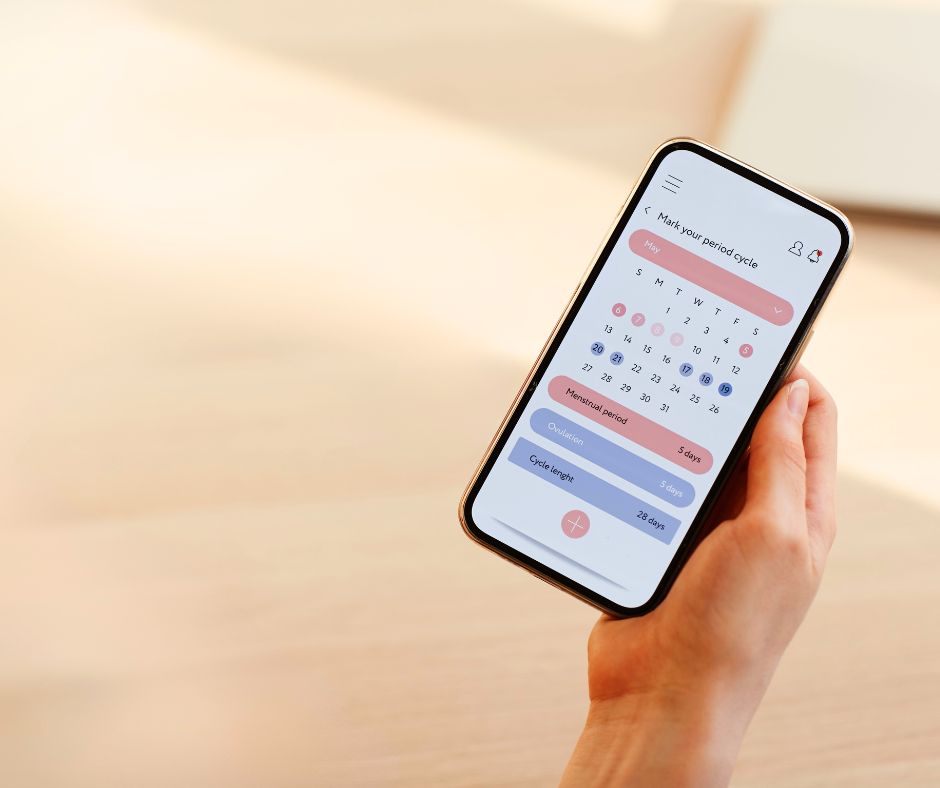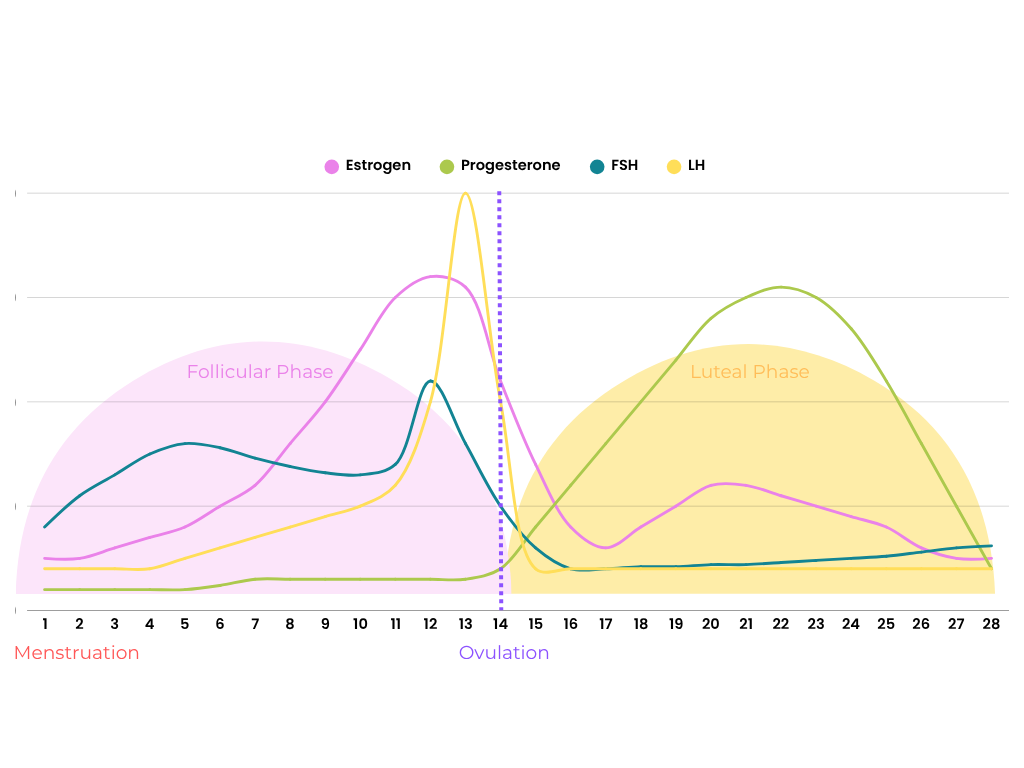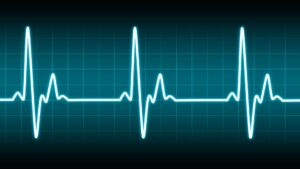
Understanding Your Period
Understanding your period is more than just knowing when it starts and stops—it’s about uncovering deeper knowledge of your body, hormones, fertility, and overall health. When you understand your menstrual cycle, you gain the power to identify patterns, detect imbalances, and make informed decisions about your well-being.
In this blog, we’ll walk through the key elements you need to know about understanding your period, from the phases of your cycle to what your symptoms might be telling you.
What Does “Understanding Your Period” Really Mean?
At its core, understanding your period means becoming aware of the full monthly cycle your body experiences—not just the days you bleed. The menstrual cycle is a complex, hormone-driven process that typically repeats every 21 to 35 days.
A basic cycle includes four main phases:
- Menstruation (your period) – shedding of the uterine lining
- Follicular Phase – hormone rise and egg development
- Ovulation – egg release, around day 14
- Luteal Phase – hormonal decline and preparation for next cycle
Understanding Your Period: A Closer Look at the Phases

Let’s take a closer look at each phase of the menstrual cycle to understand what’s going on in your body.
1. Menstruation (Menses)
Your period begins on day one of your cycle.
- The uterus sheds its lining because pregnancy did not occur.
- Blood and tissue are expelled through the vagina.
- A typical period lasts 3–7 days
2. Follicular Phase
This phase starts on day one of your cycle and continues until ovulation.
- Estrogen and follicle-stimulating hormone (FSH) increase to a peak, and begin to diminish again.
- FSH causes an egg to mature in the ovary.
- Estrogen stimulates the uterine lining to rebuild as well as causing an increase in energy.
- This phase can vary in length and affects the overall cycle duration.
3. Ovulation
Ovulation generally occurs around day 14 in a 28-day cycle.
- Luteinizing hormone (LH) surges, causing the ovary to release an egg.
- This is the most fertile day in your cycle.
- Some women may experience mild cramping or a change in cervical mucus.
4. Luteal Phase
After ovulation, your body prepares for a possible pregnancy.
- Estrogen and progesterone increase to support implantation.
- The egg, fertilized or not, travels towards the uterus through the fallopian tubes.
- If no fertilization occurs, these hormones decline.
- A decline in these hormones causes the uterine lining to break down, leading to menstruation.
- Progesterone may cause PMS symptoms.
Understanding Your Period and Fertility: What You Should Know
A critical part of understanding your period is knowing how it relates to fertility.
Your Fertile Window
You are only fertile for about six days during your cycle:
- The five days before ovulation
- Ovulation day
However, factors like stress, illness, or travel can cause ovulation to shift. This means your fertile window may not fall on the same days each month. So while there are only six days that you can get pregnant, in depth tracking is required to determine which six days those are every month.
Can You Get Pregnant On Your Period?
Yes. It’s rare but possible. If you ovulate early and sperm is present from recent intercourse, pregnancy can occur. That’s why understanding your period is important even if you’re not trying to conceive.
Fertility Awareness Methods (FAM)
Tracking signs like:
- Cervical mucus
- Basal body temperature
- Cycle length
…can help you identify ovulation, your fertile window, and understand your cycle more precisely.
Understanding Your Period: What Your Symptoms Might Be Telling You
Your period is like a monthly health report. Irregularities may indicate underlying issues that need attention.
When to Pay Attention
- Periods shorter than 3 days or longer than 7
- Cycles shorter than 21 days or longer than 35
- Heavy bleeding or significant pain
- Missed periods
These may signal hormonal imbalances, thyroid disorders, PCOS, or other concerns. Keeping a record of your cycle can help you and your healthcare provider spot issues early.
Why Understanding Your Period Matters for Your Health
There are many reasons why understanding your period is one of the most powerful tools in maintaining health and wellness:
- It helps you spot hormonal imbalances early
- It empowers you to track your fertility naturally
- It gives insight into mental and emotional patterns
- It supports better communication with your healthcare provider
Whether you’re trying to conceive, avoid pregnancy, or simply live in sync with your body’s natural rhythm, learning to read the signs of your cycle is essential.
Final Thoughts on Understanding Your Period
Understanding your period is about more than marking a calendar. It’s about being connected to your body, aware of your health, and proactive in your wellness journey.
Start by tracking your cycle, observing changes, and learning how your body responds to stress, sleep, and nutrition. Over time, you’ll build a clearer picture of your unique rhythm—and with that knowledge comes power.
If your period is late and you’re wondering whether it’s just delayed or if you might be pregnant, we’re here to help. Schedule a no cost pregnancy test with us today and get answers you can trust. You can also explore common early pregnancy symptoms to better understand what your body may be telling you. Our goal is to make sure you have the information and support you need to make a confident, informed decision.
Recent Stories

How Long Do You Have to Make a Pregnancy Decision?
Read Article
The Fetal Heartbeat: What Science Really Shows
Read Article
Abortion Pill Reversal: What You Need To Know
Read Article
Missed Period Pills: Understanding the Risks and Realities
Read Article
